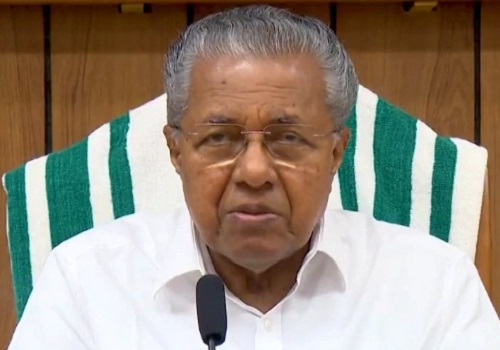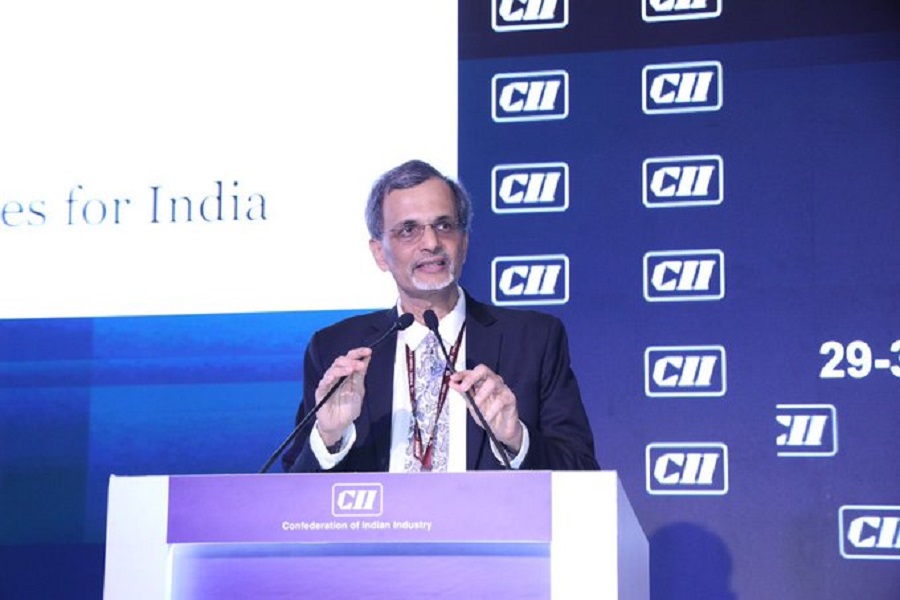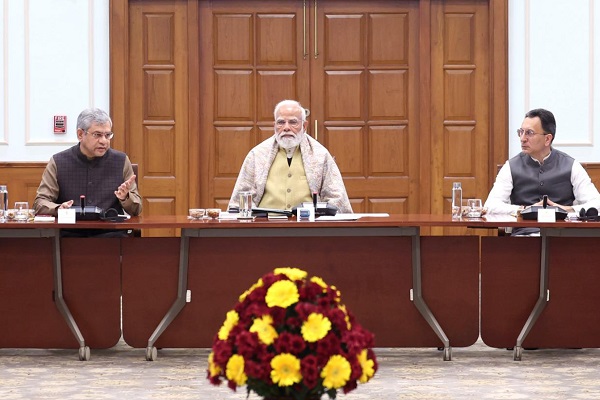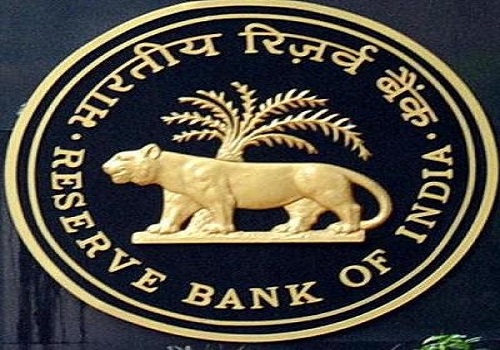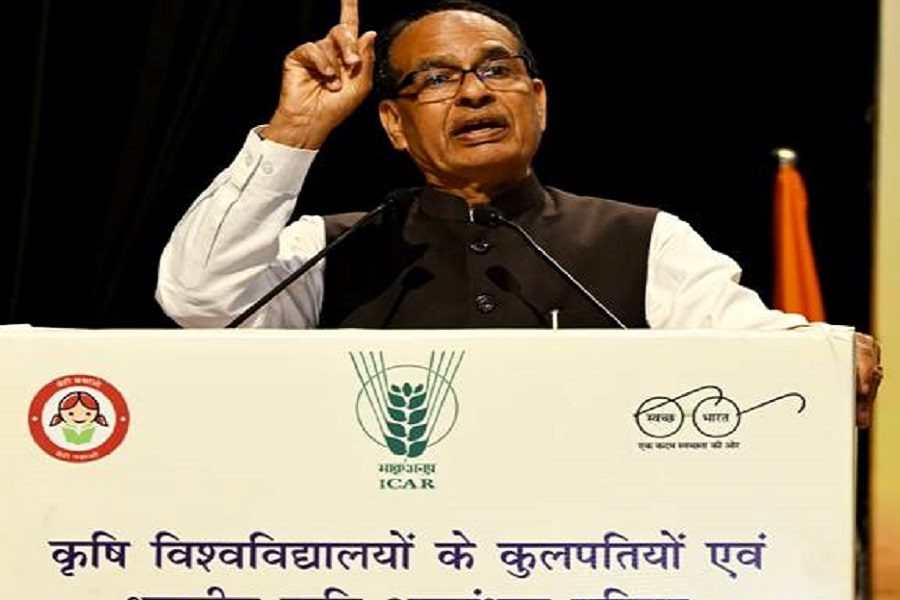Banks, NBFCs' credit growth to see steady slowdown in current fiscal : ICRA
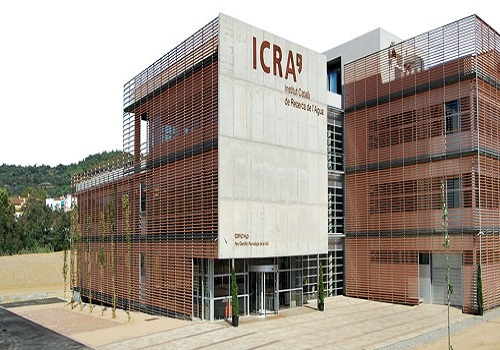
Ratings agency ICRA has said that the slew of regulatory measures and tighter funding conditions in the domestic markets to result in a steady slowdown in credit growth for the lenders, i.e. banks and non-bank financial companies (NBFCs). It estimates the incremental bank credit growth to slow down to Rs. 19.0-20.5 trillion in FY2025, which will translate into a YoY growth of around 12%, compared to Rs. 22.3 trillion in FY2024 (YoY growth of 16.3%).
For the NBFCs , the growth in assets under management (AUM) is expected to slow down sharply to 16-18% in FY2025 from 25% in FY2024. The recent regulatory actions on certain entities are expected to push others to adjust their business practices and models, which shall also have a bearing on near-term growth. The share of the retail segment and the NBFCs in the incremental credit flow of banks declined to 42.9% in 12 months ending August 2024 from 48.9% for the corresponding period of the previous year, driven by slower flow of credit to the NBFCs. As a sizeable portion of bank credit flow to the NBFCs is towards on-lending to the retail segments, overall credit to the retail segment may slow down in the next 12-18 months.
Anil Gupta, Senior Vice President & Co-Group Head - Financial Sector Ratings, ICRA said ‘The regulatory measures to slow down bank credit growth will be crucial for banks to cut their deposit rates, once the rate cut cycle starts. This will especially be important for maintaining the margins, as the cut in policy rates expected in H1 CY2025 will exert a downward pressure on lending rates. However, the proposed changes in guidelines for liquidity coverage ratio could mean that the immediate cut in deposit rates may not be very substantial, resulting in delayed transmission.’








